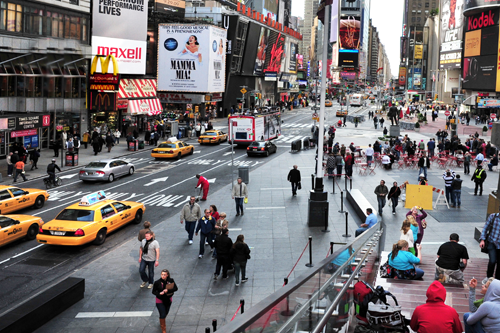
By Ilima Lewis
The blare of traffic outside your window, the din of a construction project across the street, the crashing of your neighbor’s teenager on his drum set—you already know that unwanted noise can be intrusive and annoying, but you might not realize it can also be harmful to your health.
In fact, years of research has linked noise pollution with a slate of serious health problems—from hearing loss and disordered sleep, to hypertension and heart attack—and yet it’s not regulated like other forms of pollution, notes a recent paper in the journal Environmental Health Perspectives. An estimated 104 million Americans are exposed to noise levels that are potentially harmful, according to the paper.
“There is a huge body of evidence that this is a very big problem,” says University of Michigan professor Richard Neitzel, one of the authors of the study. Legislative changes to reduce environmental noise—similar to policies that have existed in the European Union for years—could significantly improve public health, the paper concludes.
What can you do until then? Commonsense steps like wearing ear protection during noisy hobbies like woodworking; choosing a seat farther away from speakers during a concert; and keeping the volume low on your MP3 player really do make a difference, Neitzel says.
“We have a tendency to ignore noise in this country,” he says. “But even if you don’t care about your hearing, if you care about your heart it might be worthwhile to limit how much noise you’re exposed to.”
How Loud is Your Day?
Try these apps to check whether your noise exposure exceeds the recommended limit of 70 decibels:
- SPLnFFT Noise Meter ($3.99 in iTunes)
- Too Loud? (free in iTunes)
- deciBel (free for Android)
“Loud Planet” by Ilima Lewis was originally published on Spirituality & Health. To view the original article, click here.



